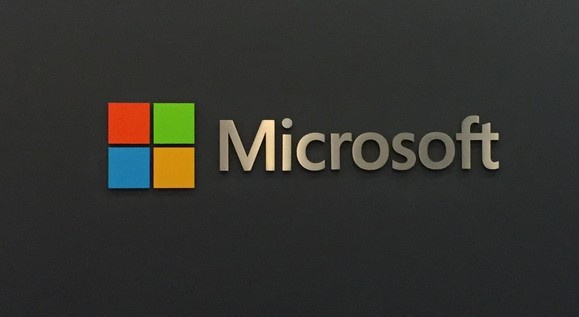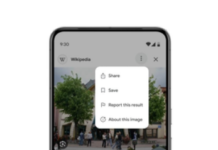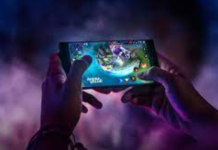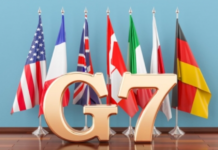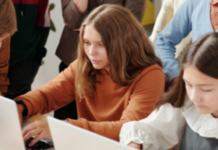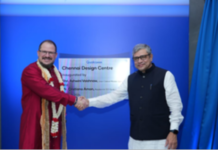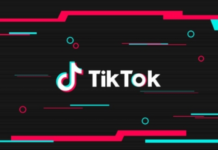By Vijay Krishna
Seattle– At the end of an arduous journey Imagine Cup has a new champion for 2019 – Team EasyGlucose from the United States, while Team Caeli from India
emerged as the first runner-up.
The bigger story, however, is how this world championship has, for the past 17 years, been giving students a platform to become global innovators by using technology and, in the process, making the world a better place.
The three-day Microsoft annual flagship event “Build 2019” started on Monday with the announcement of the new Imagine Cup world champion.
Here is a look what this year’s finalists brought to the competition:
The 2019 world champion team from the US presented EasyGlucose – a cloud-powered, non-invasive and cost-effective means of blood glucose monitoring for diabetic patients. It is a painless method to monitor blood glucose level for diabetics which uses deep learning and smartphone-based ophthalmic imaging.
According to the EasyGlucose innovator and University of California (UCLA) undergraduate Bryan, it all started when he noticed that his grandmother had to needle prick every time to find out her blood glucose level.
“I want to make cost-effective and painless blood glucose monitoring for all diabetic patients around the globe. Imagine Cup enables me not only to share my idea and get invaluable public feedback, but also to obtain funding and keep validating and improving EasyGlucose,” Bryan said.
The first runner-up team from India brought Caeli, which is a smart automated anti-pollution and drug delivery mask specifically designed for asthma and chronic respiratory patients. It implements breakthrough features and Azure Machine Learning in a portable format to improve the quality of life for respiratory patients living in polluted areas.
In view of the chronic air pollution levels in and around Delhi NCR, the undergraduate students of Faridabad-based Manav Rachna Institute of Research and Studies set themselves the goal to find a solution to the problem and they came out with a smart anti-pollution mask.
“Caeli wanted to build something that could help our society in surviving…here at Imagine Cup we found it suitable to showcase the possibilities and draw industry attention towards this global issue,” said Aakash Bhadana from Team Caeli.
Finderr, by the second runner-up team from the UK, is an app solution which uses Cognitive Services and Virtual Machines to help make finding lost objects accessible to visually impaired individuals through their phones.
For Team Finderr, the journey started with the Azure Champ Challenge at OxfordHack.
“We’re really excited to have the chance to be able to bring our project to fruition to help the visually impaired users. The experience at the Imagine Cup has given us the confidence to take our product to the market and offer it to the public at large,” said Team Finderr member Ferdinand Loesch. (IANS)



